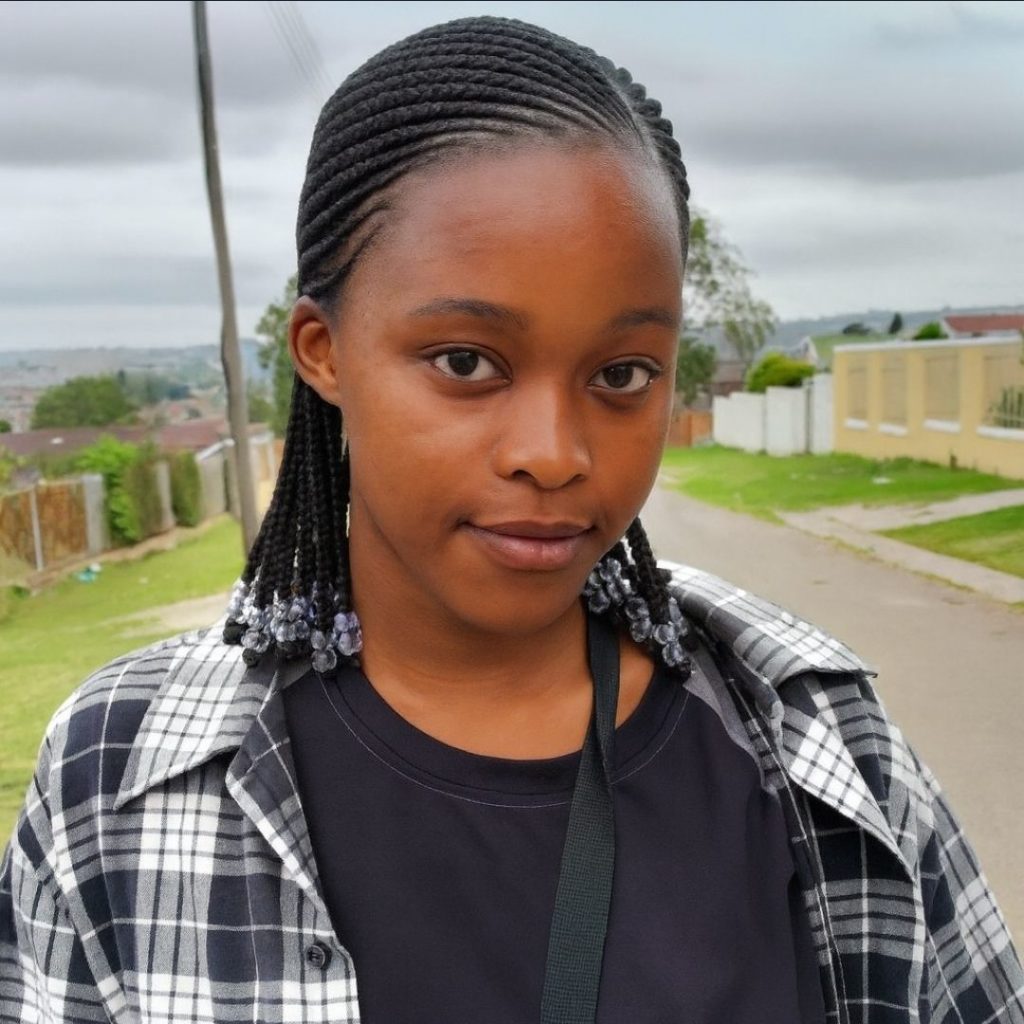The United Democratic Students’ Movement (UDESMO) has called on the Nelson Mandela University (NMU) and all institutions of higher learning to take urgent and decisive action to ensure that no rape survivor is ever left unprotected.
The call follows the death of 19-year-old student Sesethu Enhle Mboza, who reportedly committed suicide on Friday, 31 October, after she was allegedly raped by a fellow student.
In a statement, the student movement said Mboza’s death exposes the ongoing crisis of gender-based violence (GBV) on South African campuses and highlights institutional failures that continue to leave survivors vulnerable, retraumatised, and without justice.
“Sesethu reportedly opened a case with the police, after which the suspect was arrested and later released on bail. Despite this, Nelson Mandela University allegedly failed to take decisive action, allowing the accused to return to campus while the investigation was ongoing,” said UDESMO Eastern Cape chairperson Lucia Matomane.
Matomane said no survivor should ever have to endure the pain of repeatedly encountering their alleged perpetrator in a space meant for safety, learning, and healing.
She added that universities have both a legal and moral duty to protect students and uphold the dignity of those who come forward to report sexual assault. Allowing alleged perpetrators to remain on campus, she said, sends a chilling message to survivors that their pain does not matter.
UDESMO urged NMU and other institutions to adopt stronger measures to support survivors of sexual violence, including:
• The immediate suspension of students accused of sexual assault pending the outcome of investigations.
• The establishment or strengthening of survivor-centred gender-based violence response units on all campuses.
• Transparent communication with student bodies about safety protocols and disciplinary procedures.
• Regular safety audits and consultations with students to evaluate the effectiveness of these measures.
“As the nation approaches 16 Days of Activism Against Gender-Based Violence, Sesethu’s passing is a devastating reminder that awareness without accountability achieves nothing. Our universities cannot continue to speak of empowerment while failing to protect those most at risk,” Matomane said.
NMU acknowledged Mboza’s death and extended its condolences to her family, friends and loved ones.
Gender-based violence remains one of South Africa’s most persistent social crises. The country has some of the highest rates of rape and femicide globally. According to the South African Police Service’s 2024/25 crime statistics, more than 42 000 sexual offences were reported between April 2024 and March 2025 — a figure widely believed to underrepresent the true scale of violence, as many cases go unreported.
University campuses have not been spared. A 2023 Higher Education GBV survey found that nearly one in three female students reported experiencing sexual harassment or assault during their studies. Many survivors have accused universities of slow or inadequate responses, often citing weak disciplinary processes and a lack of survivor support services.
Activists and student organisations like UDESMO say that beyond awareness campaigns, institutions must build safer environments by enforcing accountability, strengthening support systems, and creating a culture that prioritizes student safety and justice.


